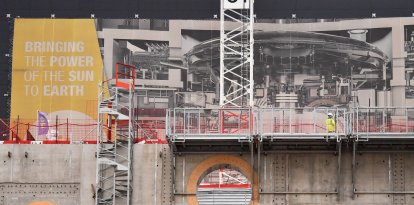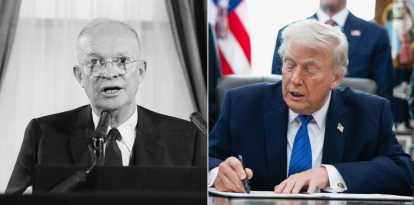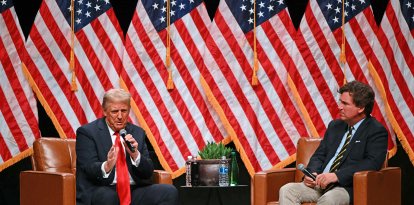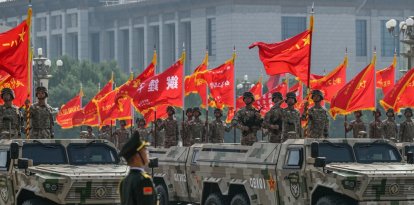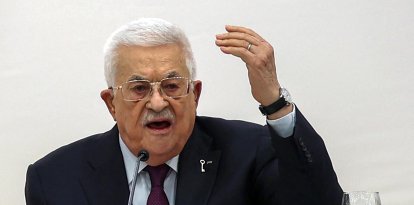Can Trump Get an "Impartial Jury" in DC? What the Law Requires
If the prosecution case is strong, it should have no fear of a jury and judge outside of DC. As the Supreme Court has repeatedly said: the job of a prosecutor is not merely to maximize the chances of winning, but to assure that he wins fairly and justly. In order to achieve that goal, the prosecutors in this case should not oppose defense motions for a change of venue and judge.
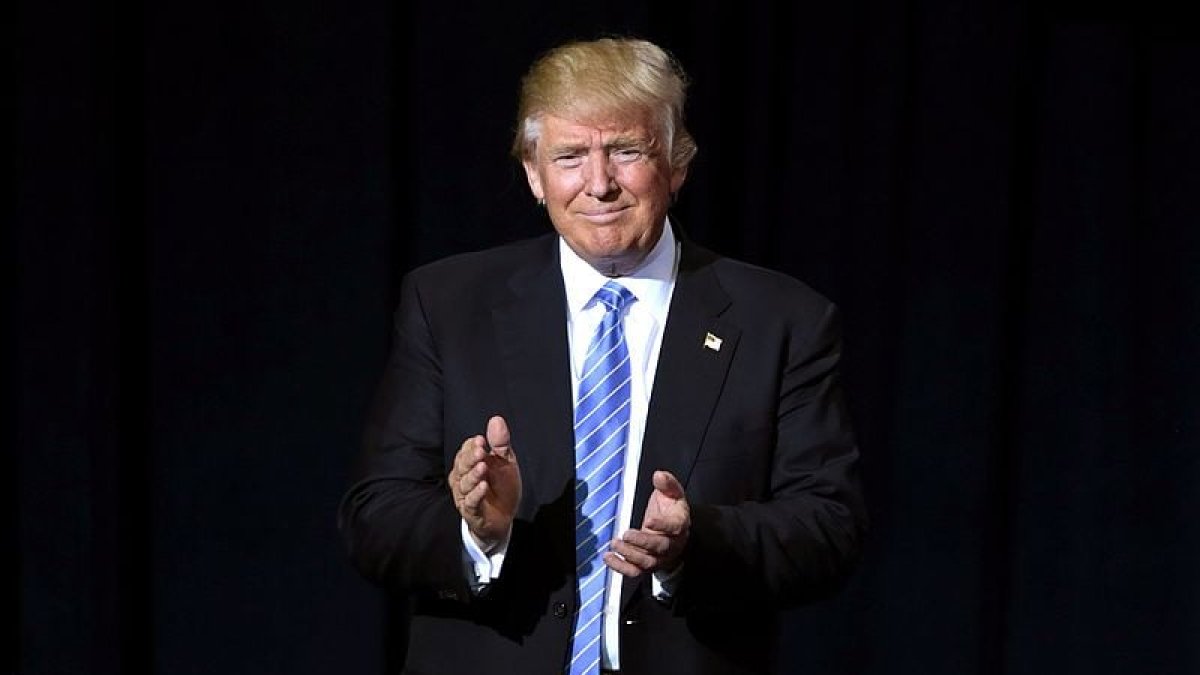
Donald Trump/Wikimedia Commons
The Sixth Amendment to the United States Constitution guarantees the accused the right to "an impartial jury." But it also states that the trial should take place in "the state and district wherein the crime shall have been committed." What should happen, therefore, when it is virtually impossible for the defendant to get an impartial jury in that state or district?
In federal cases, the law provides for a change of venue under appropriate circumstances. The prosecution of Donald Trump for the events around January 6, 2021 would seem to call for a change of venue. The District of Columbia is the most extreme Democratic district in the country. Approximately 95% of the potential jurors register and vote Democrat. Whereas approximately 5% voted for Trump. Furthermore, the anger against Trump is understandable in light of the fact that the events of January 6th directly involved many citizens of the district. Moreover, the judge randomly selected to preside over this case has a long history of bias against Trump and his supporters, and her law firm has a long history of conflicts and corruption.
The goal of the Sixth Amendment is to assure not only that the defendant is treated justly, but that the appearance of justice is satisfied as well. A jury and judge that are impartial, and seen to be impartial, are essential to achieving this goal. It is imperative, therefore, that in a case where the incumbent president has urged his Attorney General to pursue his political opponent aggressively, that all efforts must be made to ensure fairness. Prosecutors must lean over backwards to persuade the public that partisan considerations played absolutely no role in the decision to indict. Agreeing to a change of venue and judge would go a long way toward seeing that justice is done.
Change of venue motions are only rarely granted, as are motions to recuse a selected judge. But this is a case where justice demands that these motions be granted, both in the interests of the defendants and in the interests of justice. The government should not oppose such motions, though they generally do if it gives them a tactical advantage.
It is likely, therefore, that these defense requests will be denied by the trial judge. Trump's lawyers will try to take an immediate interlocutory appeal before trial.
Though such appeals before trial are generally disfavored, the arguments for allowing it in this case are strong. The trial itself promises to play an important role in the 2024 election, especially since the prosecution wants it to occur in the middle of the campaign season. If an unfair trial results in a conviction, the impact will already be felt, even if it is reversed on appeal after the election, as the prosecution likely anticipates.
So the appellate courts should be able to assure in advance that a fair trial occurs in a fair venue presided over by a fair judge, especially if it takes place before the presidential election.
If the prosecution case is strong, it should have no fear of a jury and judge outside of DC. As the Supreme Court has repeatedly said: the job of a prosecutor is not merely to maximize the chances of winning, but to assure that he wins fairly and justly. In order to achieve that goal, the prosecutors in this case should not oppose defense motions for a change of venue and judge. Nor should it oppose an appeal if the trial judge denies these well-founded defense motions.
In all likelihood, prosecutors will vigorously fight all efforts by the defense to assure an impartial jury and judge, because they want every advantage that will help them secure a victory. They will point to defense efforts to secure advantages for their client and argue that the adversary system of justice requires them to do the same. But that is not the law. The Supreme Court clearly delineated a different role for persecutors who represent the government:
"The United States Attorney is the representative not of an ordinary party to a controversy, but of a sovereignty whose obligation to govern impartially is as compelling as its obligation to govern at all, and whose interest, therefore, in a criminal prosecution is not that it shall win a case, but that justice shall be done."
The prosecutors in the January 6th case should study this opinion before they deny Trump an impartial jury.













